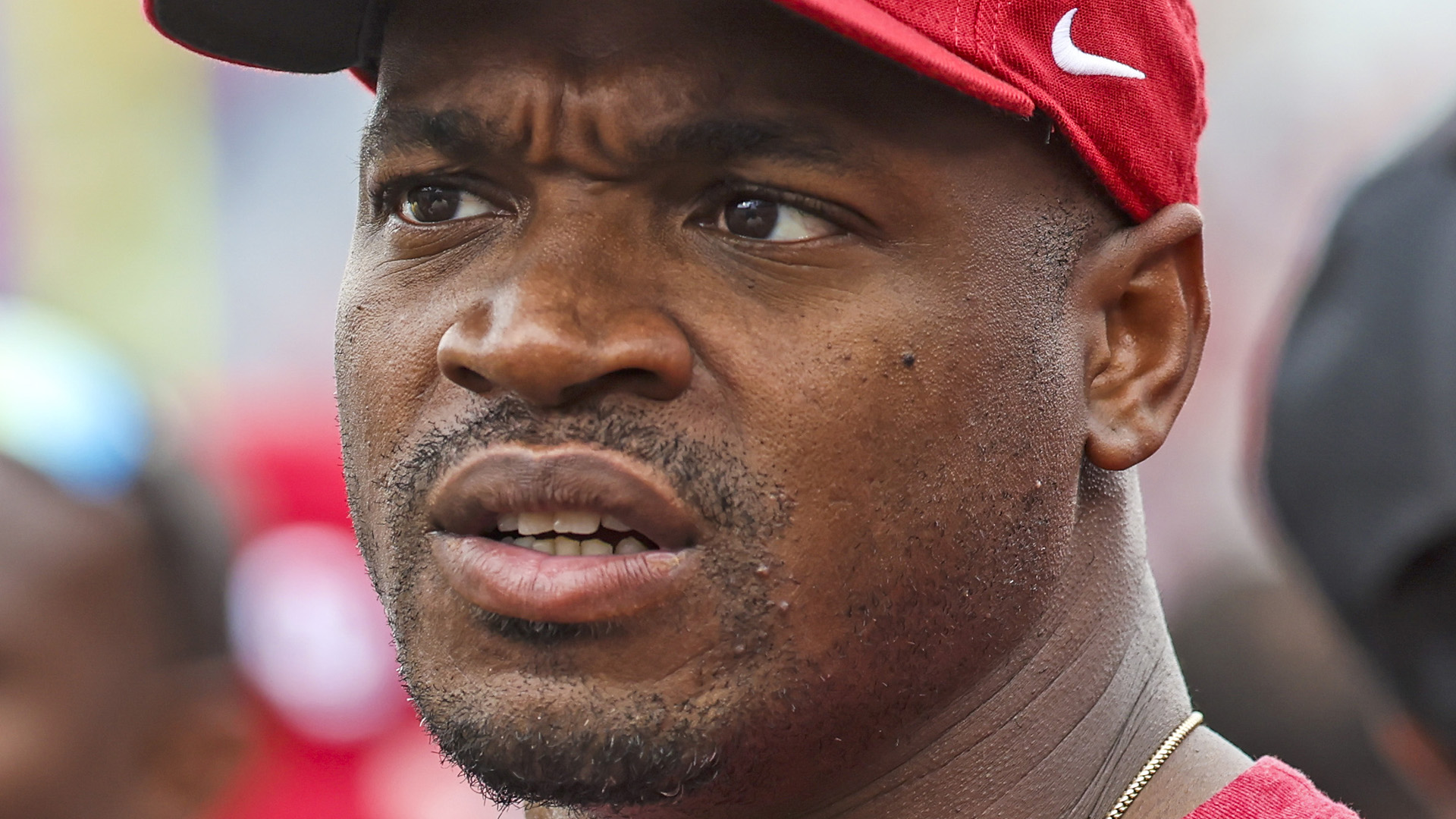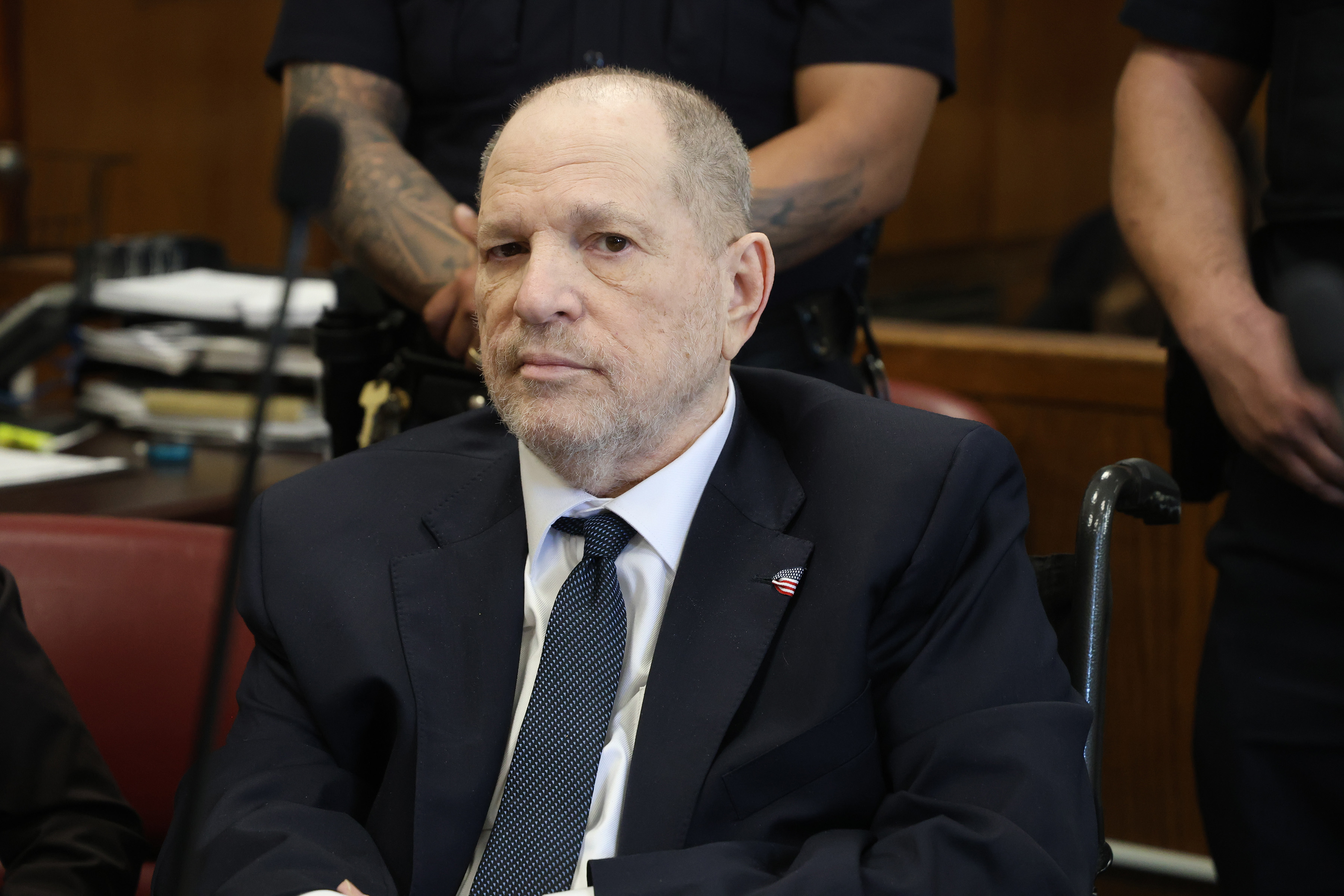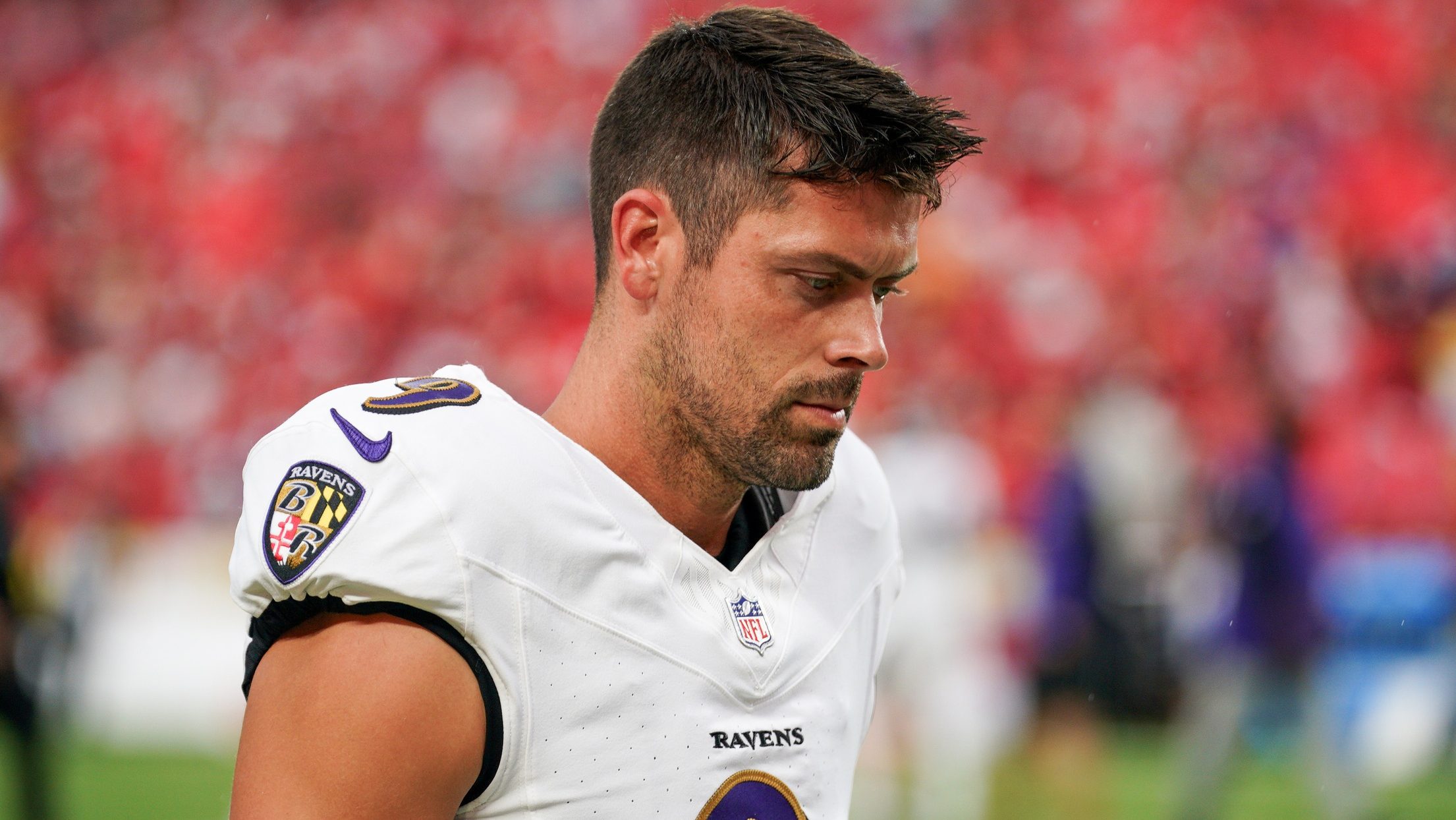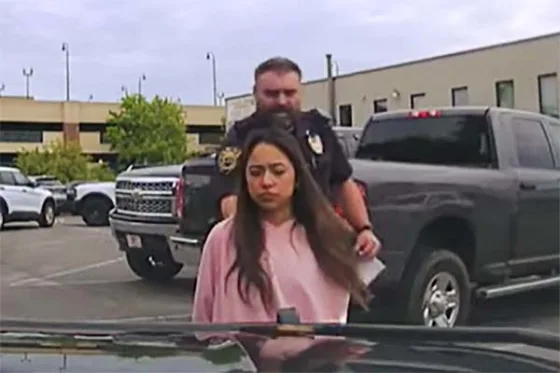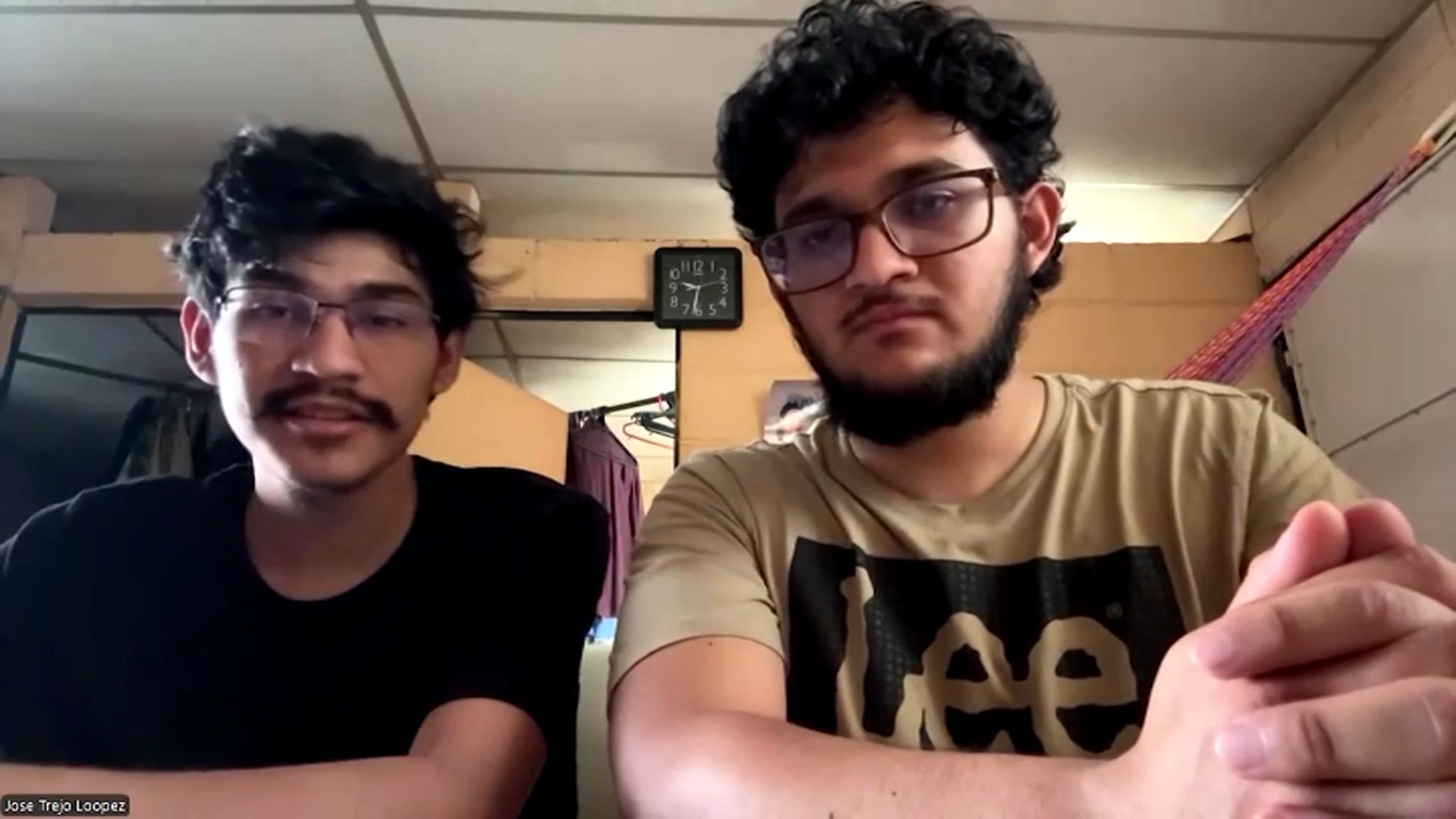Adrian Peterson's DWI Arrest: Impact on NFL Legacy
Adrian Peterson Arrest: NFL Legend Faces DWI Charge
Introduction: A Shocking Turn of Events
Adrian Peterson, a name synonymous with explosive runs and record-breaking performances in the NFL, is now facing a different kind of spotlight. The former MVP, known for his incredible resilience on the field, has been arrested on suspicion of driving while impaired (DWI) in Minnesota. It's a headline that's undoubtedly sent shockwaves through the football world and left fans grappling with a mix of disbelief and concern. But what exactly happened? Let’s delve into the details.
The Arrest: What We Know
Early Friday morning, Adrian Peterson was booked into Hennepin County jail at 5:16 a.m. and subsequently released at 7:31 a.m. on a $4,000 bond. According to jail records, the 40-year-old faces a fourth-degree misdemeanor charge of driving while impaired and is scheduled to appear in a Minneapolis court on May 9. This is certainly not the kind of news anyone expected to hear about the former Vikings superstar.
The Traffic Stop: Speed and BAC
State Patrol Lt. Mike Lee reported that a trooper observed Peterson driving 83 mph in a 55-mph zone. A preliminary breath test administered at the scene allegedly measured Peterson’s blood alcohol content (BAC) at 0.14%. That's nearly double the legal limit for driving in Minnesota, which is 0.08%. This immediately raises serious questions about judgment and decision-making.
Location, Location, Location: Near Vikings Territory
The traffic stop occurred on a suburban freeway approximately eight miles south of U.S. Bank Stadium, where the Vikings had hosted a public NFL draft event on Thursday night. Peterson was among several former Vikings players who participated in the festivities. Was this a case of a celebratory night gone wrong? It’s a question many are asking.
The Charge: Fourth-Degree Misdemeanor
What does a fourth-degree misdemeanor DWI charge actually mean? In Minnesota, the severity of a DWI charge depends on several factors, including BAC level, prior offenses, and whether anyone was injured. A fourth-degree DWI is typically the least severe, but it still carries potential penalties such as fines, community service, and possible jail time. Even a misdemeanor can have significant repercussions.
Adrian Peterson's NFL Legacy: A Look Back
Before diving further into the legal ramifications, let’s take a moment to remember Adrian Peterson’s illustrious NFL career. Drafted by the Vikings in 2007, he quickly became one of the league’s most dominant running backs. His combination of speed, power, and vision was unparalleled. Remember his incredible 2012 season after recovering from a devastating knee injury? It was nothing short of miraculous.
The Early Years: Viking Domination
Peterson’s early years with the Vikings were marked by consistent excellence. He routinely topped the league in rushing yards and touchdowns. He was a force to be reckoned with, a player who could single-handedly change the outcome of a game. He gave Vikings fans countless memories and moments of pure exhilaration.
The 2012 Comeback: A Season for the Ages
After tearing his ACL and MCL in 2011, many questioned whether Peterson would ever return to his former glory. He silenced those doubts with an unforgettable 2012 season, rushing for 2,097 yards and earning NFL MVP honors. It was a testament to his incredible work ethic and determination. It remains one of the greatest comeback stories in NFL history.
Beyond the Vikings: A Journeyman Career
After his time with the Vikings, Peterson played for several other teams, including the Saints, Cardinals, Redskins, Lions, Titans, and Seahawks. While he wasn’t always the dominant force he once was, he continued to display flashes of brilliance and proved that he could still contribute at the NFL level. His longevity and resilience are undeniable.
Legal Ramifications: What's Next for Peterson?
The most pressing question now is: what are the potential legal consequences for Adrian Peterson? He has a court date set for May 9 in Minneapolis. The outcome will depend on several factors, including the evidence presented by the prosecution and the arguments made by his defense team. A plea bargain is also a possibility. This could lead to a reduced charge or lighter sentence.
Potential Penalties: Fines, Jail Time, and More
If convicted of a fourth-degree DWI, Peterson could face fines, community service, and even jail time. The specific penalties will depend on the judge’s discretion and other mitigating or aggravating circumstances. He might also be required to attend alcohol education classes or undergo treatment.
Impact on His Reputation: A Tarnished Legacy?
Regardless of the legal outcome, this arrest is likely to have a negative impact on Adrian Peterson’s reputation. He was already dealing with past controversies. This incident adds another layer of complexity to his public image. How will fans and sponsors react? Will this affect his future opportunities? Only time will tell.
Public Reaction: A Divided Response
The news of Peterson's arrest has elicited a wide range of reactions from fans and media outlets. Some are expressing disappointment and condemnation, while others are offering support and understanding. Social media is buzzing with opinions and debates. It's clear that this is a sensitive and polarizing issue.
Disappointment and Condemnation: "How Could He?"
Many fans are expressing disappointment and anger, questioning Peterson’s judgment and decision-making. Some are even calling for him to be held accountable and face severe consequences. They feel betrayed by someone they once admired.
Support and Understanding: "Everyone Makes Mistakes"
Others are offering support and understanding, arguing that everyone makes mistakes and that Peterson deserves a second chance. They point to his past achievements and contributions to the community as reasons to show compassion. They believe he can learn from this experience and move forward.
Looking Ahead: A Time for Reflection
Regardless of your opinion on the matter, it’s clear that this is a difficult time for Adrian Peterson. He faces legal challenges, reputational damage, and the scrutiny of the public eye. It's a time for reflection, accountability, and hopefully, personal growth. Will he be able to overcome this latest obstacle? Only time will tell if he can bounce back from this.
Conclusion: Key Takeaways
Adrian Peterson's DWI arrest serves as a stark reminder that even the most celebrated athletes are not immune to making mistakes. The incident highlights the dangers of impaired driving and the importance of responsible decision-making. The legal process will unfold, and Peterson will have the opportunity to address the charges against him. But beyond the legal ramifications, this is a moment for reflection, accountability, and hopefully, a positive change. His legacy will undoubtedly be viewed through a different lens now, but whether he can salvage his reputation remains to be seen.
Frequently Asked Questions
- What is the legal limit for driving under the influence in Minnesota?
The legal limit for blood alcohol content (BAC) in Minnesota is 0.08%. If a driver's BAC is at or above this level, they can be charged with driving while impaired (DWI). - What are the potential penalties for a fourth-degree DWI in Minnesota?
Potential penalties for a fourth-degree DWI in Minnesota can include fines, community service, probation, and a possible jail sentence. The specific penalties depend on the circumstances of the case and the individual's prior record. - What does it mean to be charged with a misdemeanor vs. a felony?
A misdemeanor is a less serious crime than a felony. Misdemeanors typically carry lighter penalties, such as fines and shorter jail sentences, while felonies can result in imprisonment for more than one year. - How will this arrest affect Adrian Peterson's NFL legacy?
This arrest could negatively impact Adrian Peterson's NFL legacy. While he remains one of the greatest running backs of all time, the incident adds another layer of complexity to his public image and could tarnish his reputation. - What options does Adrian Peterson have now?
Adrian Peterson has several options, including hiring a lawyer, entering a plea, and fighting the charges in court. He may also consider undergoing alcohol treatment or counseling to address any underlying issues.
